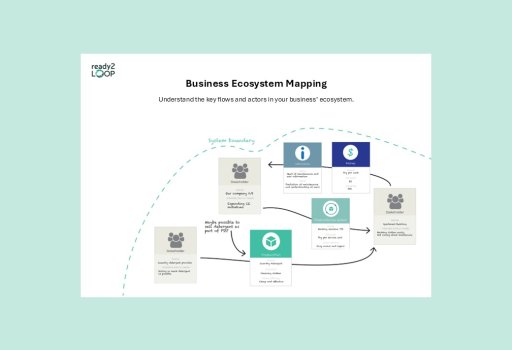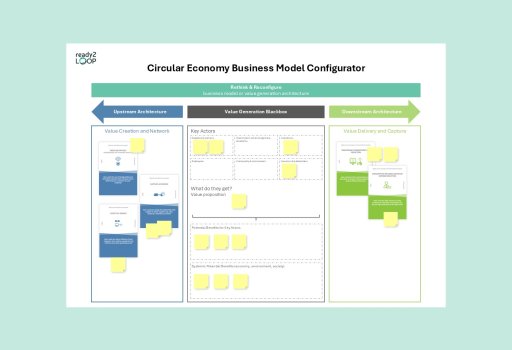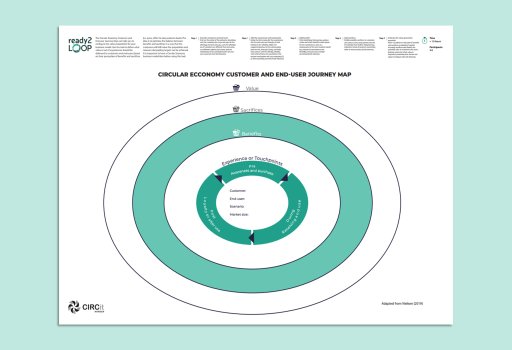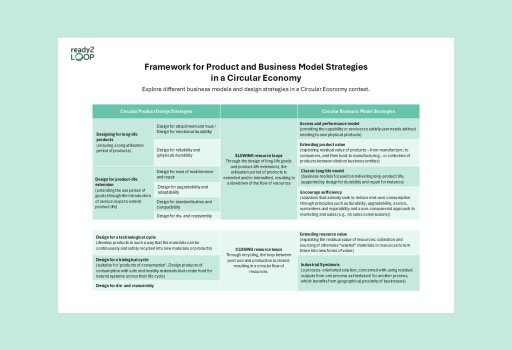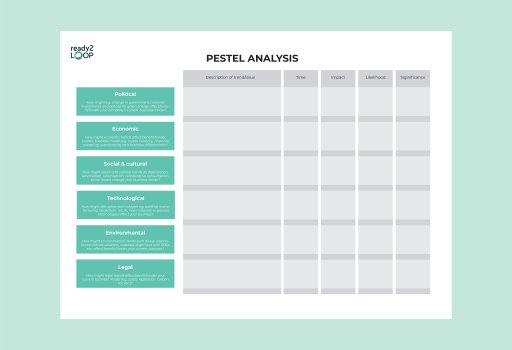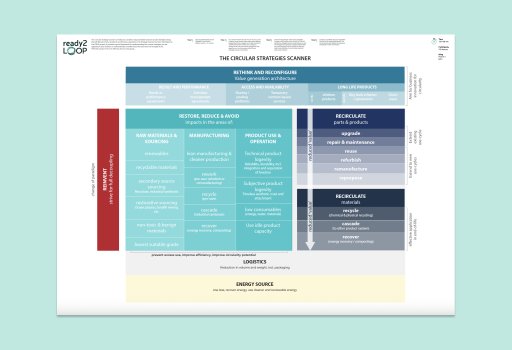Circularity in hearing healthcare by enhancing product longevity
"We have already started to prepare more work to build greener and more sustainable products in Demant. The Accelerator programme fits very well together with these ambitions and has shown us how the importance of enhancing product longevity and transforming End-of-Life waste." - Thor Olsen, Director, Discovery
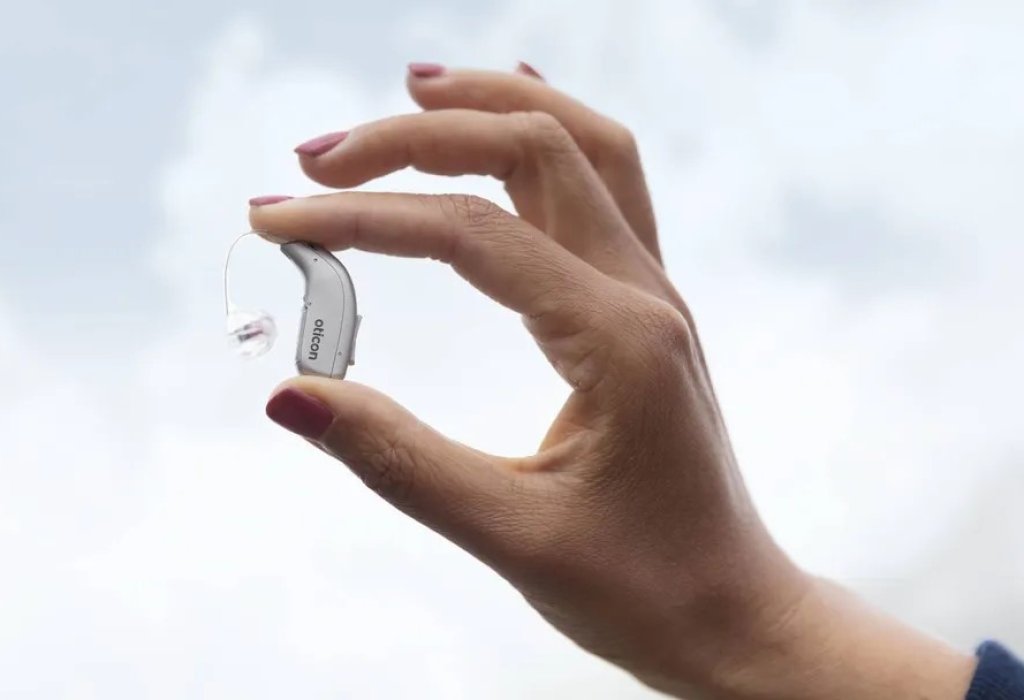
Opportunity
The post-consumer stage of hearing aids presents a significant opportunity for Demant. Given their four-year lifespan, these devices are frequently underutilized and improperly discarded. By remanufacturing them, waste can be reduced, and reusable components can be better utilized, thereby promoting circularity. Additionally, designing for a prolonged lifetime through repairs and replacement parts can enhance their circularity.
Path
Demant’s transition path begins with implementing an extended warranty, where end-users pay an annual subscription. This decouples resource consumption from revenue. The Circular Economy and Customer Journey tool emphasises the importance of a profitable business case. Charging for the extension ensures a positive case for both Demant and the user. By doing so, the value chain aligns with its existing business model, avoiding implementation barriers and enabling the circular configuration.
Outcome
By implementing design features such as repairability, disassembly, reassembly, and standardizing component interfaces, Demant extends the technological lifetime of the device. Offering extended warranties reduces the need for purchasing new products. A take-back system encourages the reuse of components, ensures proper disposal of subpar components, and provides monetary incentives for customers. Collaboration with other companies in a symbiotic system enables material and component sharing.
Context
Demant is a global leader in hearing healthcare, specialising in producing hearing aids and audiometric equipment. Oticon, a hearing aid manufacturer, is a subsidiary of the Demant group. They are committed to reducing their environmental impact by electrifying their fleet and utilising more renewable energy sources. Most of their emissions lie in their scope 3 emissions, mainly from purchased goods, services, and transportation activities. As the EU implements stricter regulations to combat climate change, Demant recognises the growing need to comply with these regulations to demonstrate its environmental responsibility. Demant aims to improve its circularity initiatives to reduce emissions and align with its ambitious climate targets for 2030 and 2050.
Opportunity
The post-consumer stage of hearing aids presents a significant opportunity for Demant. With an average lifetime of four years, these devices end up as backup hearing aids in a drawer or are improperly discarded. This practice results in unnecessary raw material consumption, which could be mitigated through remanufacturing or refurbishing the hearing aids. By doing so, Demant could reduce waste and reuse valuable components, promoting a circular economy and extending the lifespan of hearing aids. This also reduces the environmental impact associated with their production.
To enhance circularity, Demant can consider designing hearing aids for extended use. This could involve offering repairs and replacement parts for commonly worn components like the silicone tube and speaker unit, thereby prolonging the hearing aids' usability.
Transition path
Through the tools and discussions, Demant's most effective path to transition to a Circular Economy involves extending the four-year warranty period, with the cost borne by end-users. This approach decouples resource consumption from revenue generation. Insights from the Circular Economy and Customer Journey Map tool highlight the need for an economically viable business case that aligns with circular principles. The new model must provide an economic advantage for end-users to ensure a successful implementation of the new configuration.
By imposing the warranty extension cost on consumers, we ensure Demant's economic viability and provide extended product functionality. Encouraging users to retain ownership and pay for extended support aligns with a business strategy to slow and narrow the loop, emphasizing product longevity. This transition from ownership-based transactions to a service revenue model underlines the need for product design that prioritizes upgradeability, compatibility, and easy repair. This addresses the identified strategy gaps and opportunities identified in the SWOT analysis and CE Scanner.
Adopting the implementation would foster a commitment to longer-lasting products. In this process, Demant must revise its product design and business models to improve durability while implementing a take-back system. This system ensures product and material circulation within Demant's boundaries, offering extended product service and closing material loops, as outlined in 'Configure a Take-Back System.' Any alterations to the product and business designs should align with a visionary statement from the 'Framework for Product and Business Model Strategies in a Circular Economy.'
Overall, the proposed transition to circularity requires a minor adjustment in the business model. This involves implementing a take-back system to encourage less resource consumption, improved resource efficiency, and increased customer satisfaction.
Outcome
The new transition path presents an opportunity for circularity. By prioritising repairability, disassembly and reassembly, and standardised component interfaces in product design, it is possible to extend the lifetime. Introducing extended warranties and replaceable components reduces the demand for new products. A take-back system, incentivised by Demant product discounts, encourages customers to return hearing aids at their EoL, promoting the reuse of components and proper disposal of suboptimal ones while fostering brand loyalty. This system enables collaboration with other companies in a symbiotic material-sharing network.
To implement this system, Demant must train or hire personnel with expertise in Circular Economy and sustainability. An evaluation using the Circulatory concept tool indicates the proposed configuration is 130 points, outperforming Oticon's BTE rechargeable hearing aids by 59 points and ITE by 70 points, marking substantial progress toward circularity.
Reflections
Through the process of the micro-accelerator, Demant expressed curiosity towards the proposed solution, even expressing a desire to understand the broader goals aimed to achieve with the configurations. They also showed a particular interest in how a take-back system and extended warranty could increase customer loyalty.
Next step
Identifying optimal locations for repair centres and considering factors such as point of sale, consumer disposal habits, and repair demands will be crucial for the success of a take-back system.
Furthermore, designing products for disassembly and reassembly can significantly reduce waste. Collaborating with audiology clinics throughout the value chain could be valuable, as the take-back system could also include hearing aids from other brands, thus influencing the entire industry.
Micro-Accelerator. January 2024 - offered by ready2LOOP & DTU Course, Design for Circular Economy
Company
Oticon A/S


